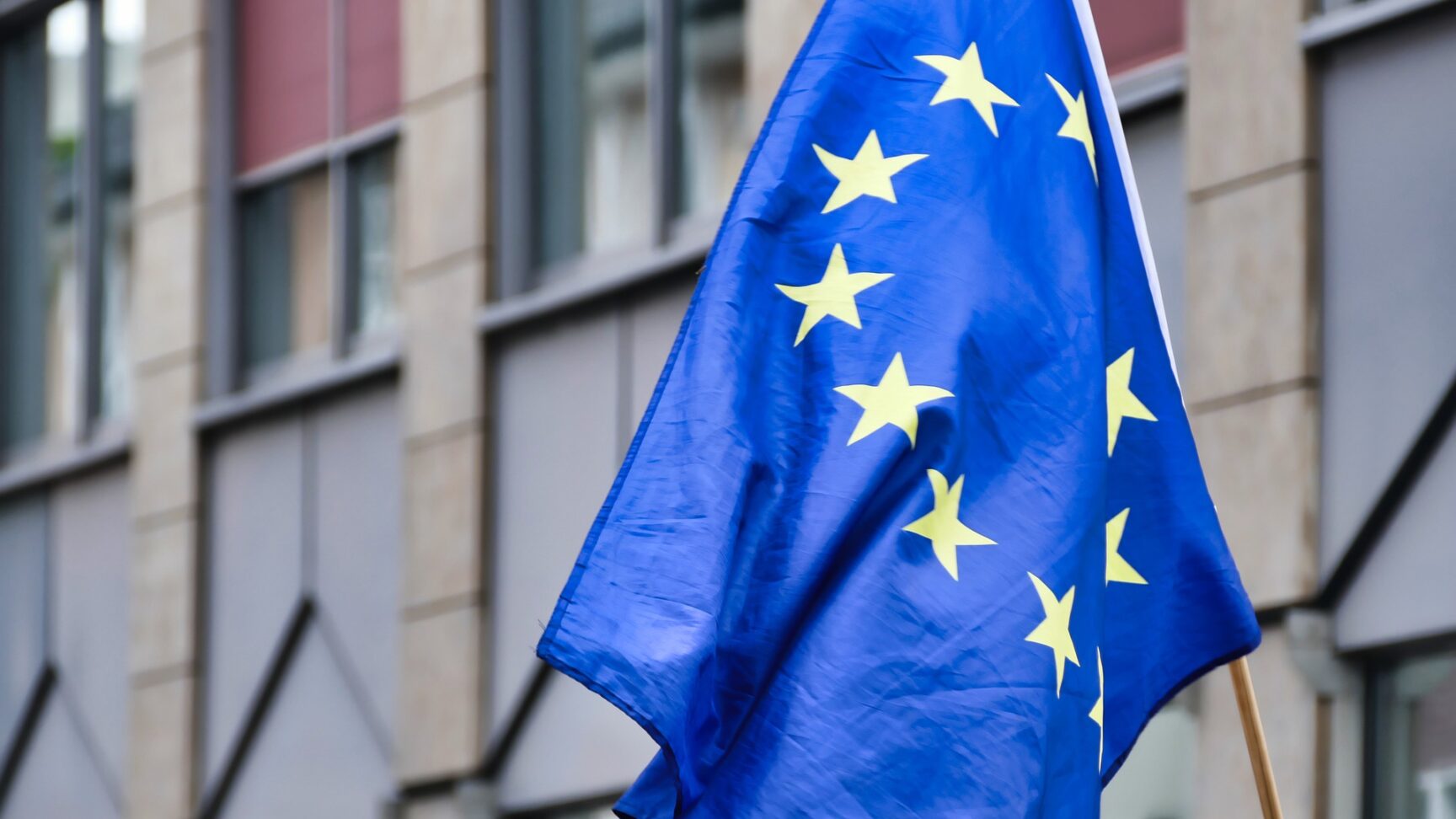
Built to order: How Europe can rebuild multilateralism after covid-19
The covid-19 pandemic has brought forward a new agenda for multilateralism, focused on areas including global health, economic recovery, climate, technology, and trade
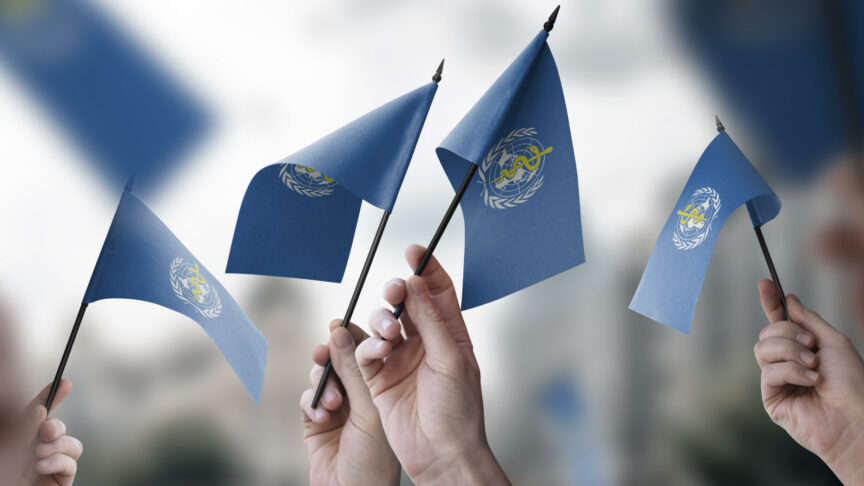
A lack of coordination among the world’s states hindered the global response to covid-19. The same problem is now disrupting international efforts to put in place a more effective system to prepare for future pandemics
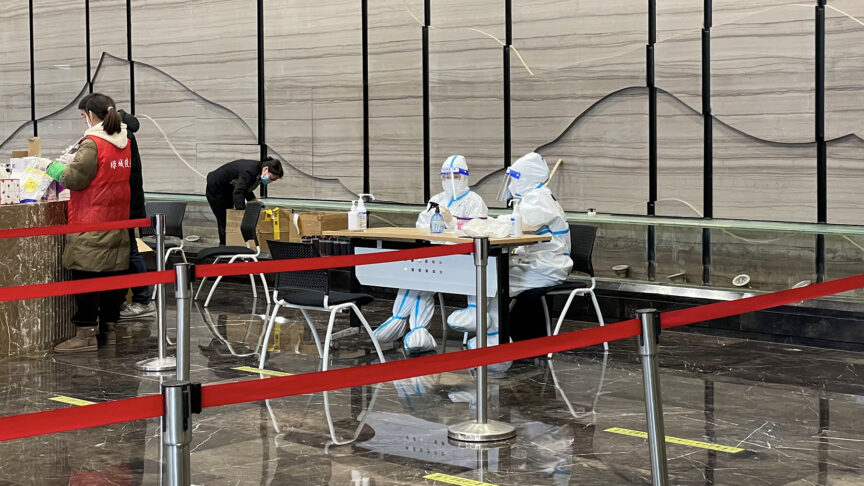
Both China’s zero-covid U-turn and gentler diplomatic tone are politically useful for Xi Jinping. European leaders should remain vigilant in the face of a potential new charm offensive
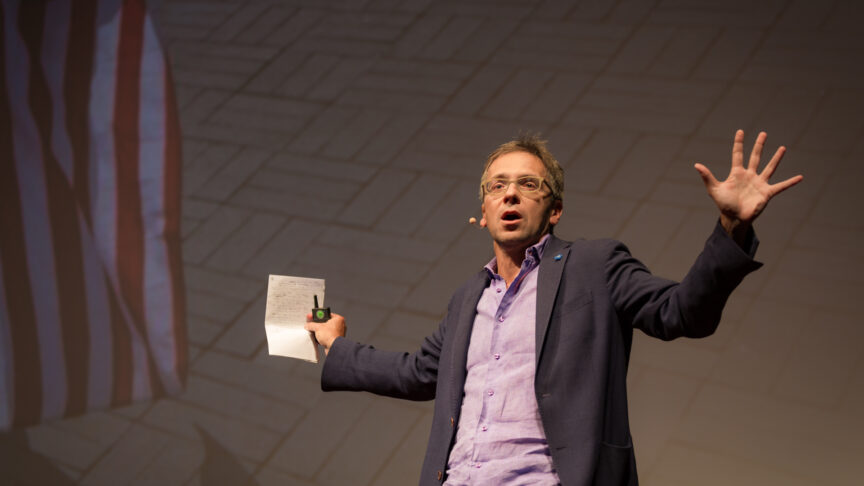
Ian Bremmer joins the podcast to discuss the concept of a “goldilocks” crisis, the effects of the covid-19 pandemic, and Europe’s role in global upheavals
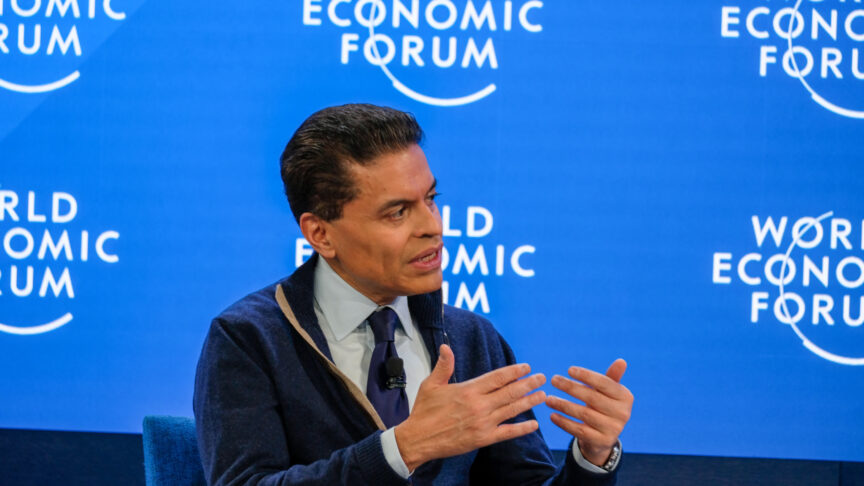
Fareed Zakaria discusses the political, geopolitical, and geo-economic changes to the world order after Russia’s invasion of Ukraine
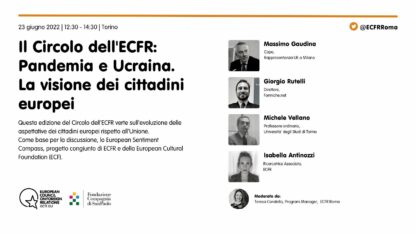
Lo European Council on Foreign Relations (ECFR) e Fondazione Compagnia di San Paolo organizzano a Torino una nuova edizione de Il Circolo dell’ECFR sulla visione dei cittadini europei su pandemia e guerra in Ucraina
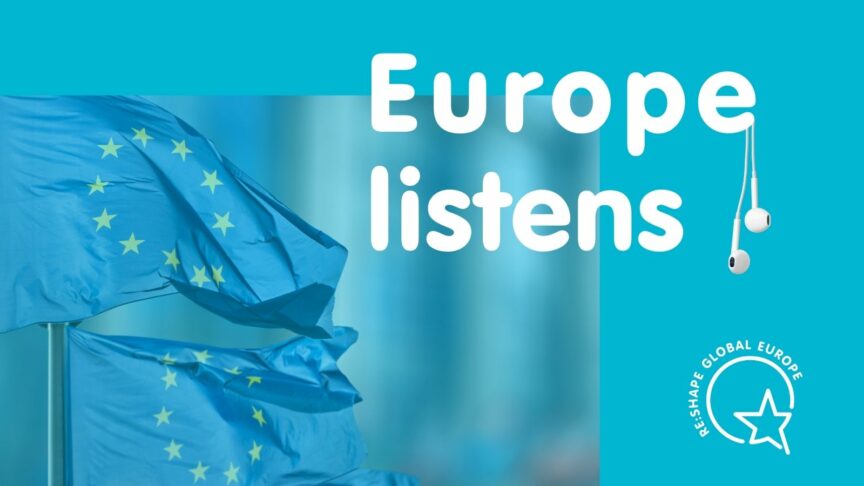
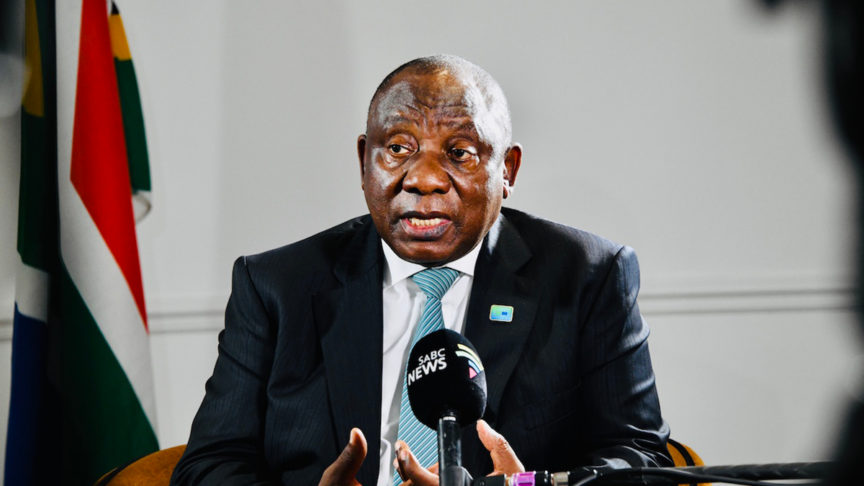
The recent summit between the European Union and the African Union raised hopes of genuine cooperation between the sides. A key test of the partnership will be in whether the EU lives up to its promises.
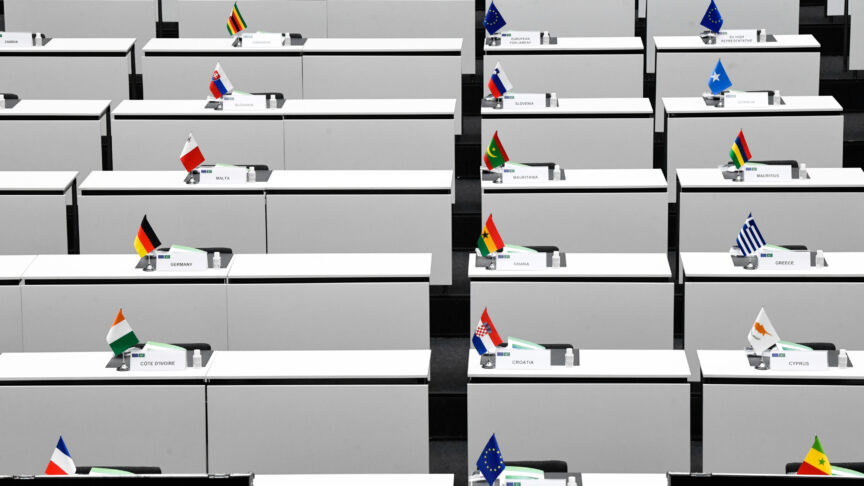
This week, ECFR senior policy fellow, Susi Dennison, takes over the podcast to talk about international cooperation on global health

The EU should promote a new global compact on health, matching countries’ commitment to surveillance and reporting of pathogens with support for stronger healthcare systems and greater equity in the allocation of countermeasures
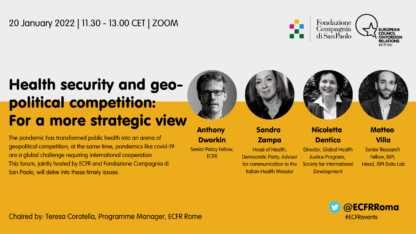
The pandemic has transformed public health into an arena of geopolitical competition; at the same time, pandemics like covid-19 are a global challenge requiring international cooperation

The EU should promote a new global compact on health, matching countries’ commitment to surveillance and reporting of pathogens with support for stronger healthcare systems and greater equity in the allocation of countermeasures
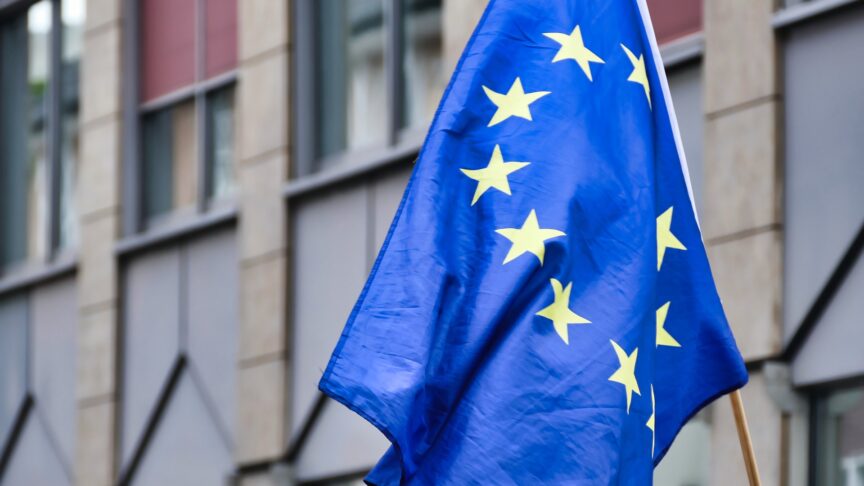
The covid-19 pandemic has brought forward a new agenda for multilateralism, focused on areas including global health, economic recovery, climate, technology, and trade
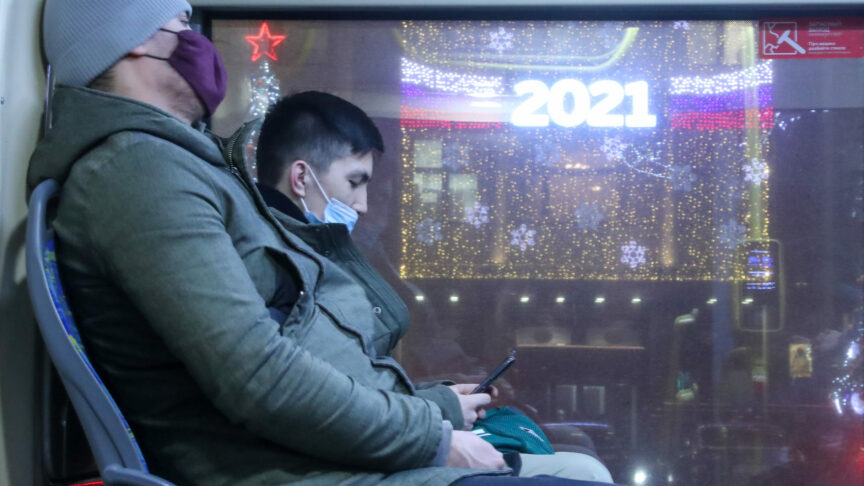
Covid-19 has damaged Russia’s economy and President Vladimir Putin’s political agenda
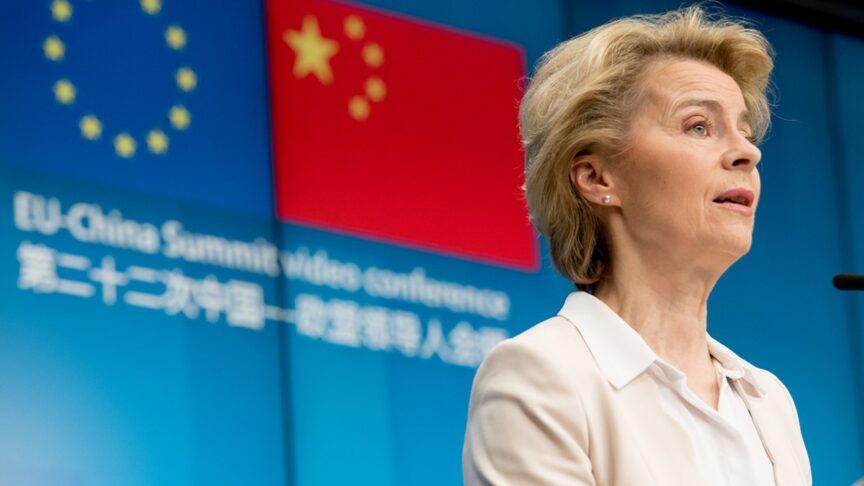
In its remaining months, the German Council presidency could use this momentum to create institutional structures to improve the EU’s capacity to act
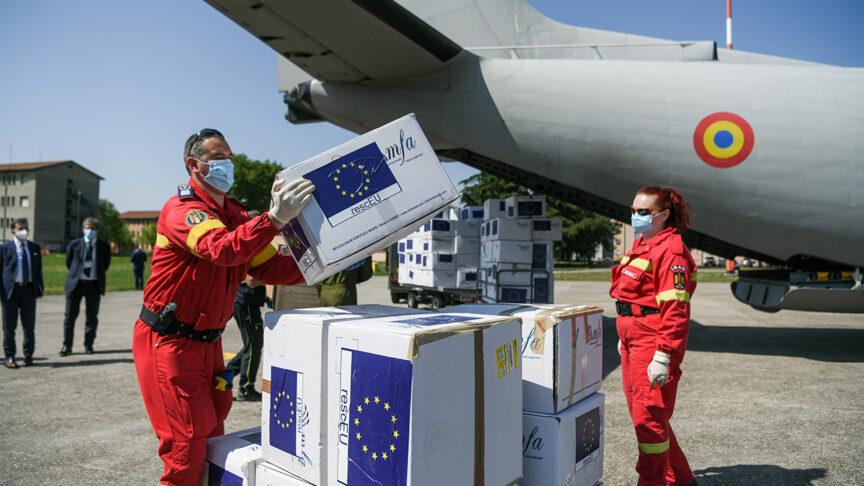
ECFR research into how EU member states and institutions worked together at the height of covid-19 confirms Germany was the bloc’s undisputed crisis leader
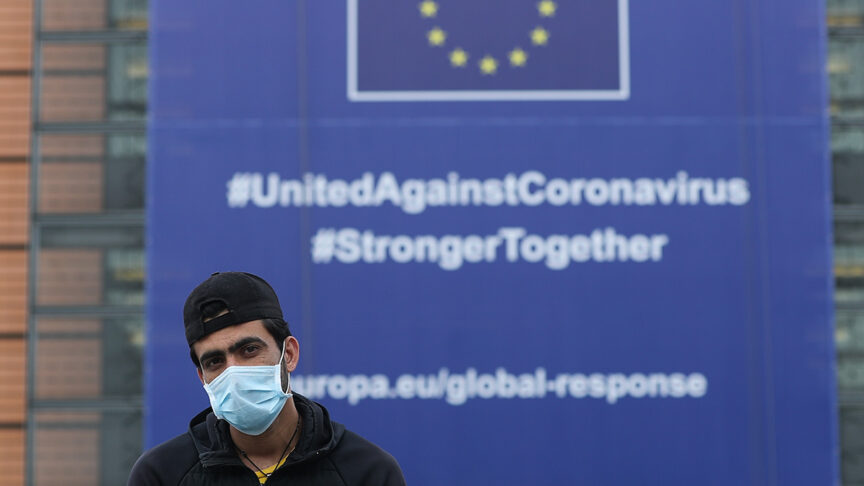
Europe must improve its early warning systems, supply chain resilience, medical R&D, and cyber security and technology, to act decisively in future emergencies
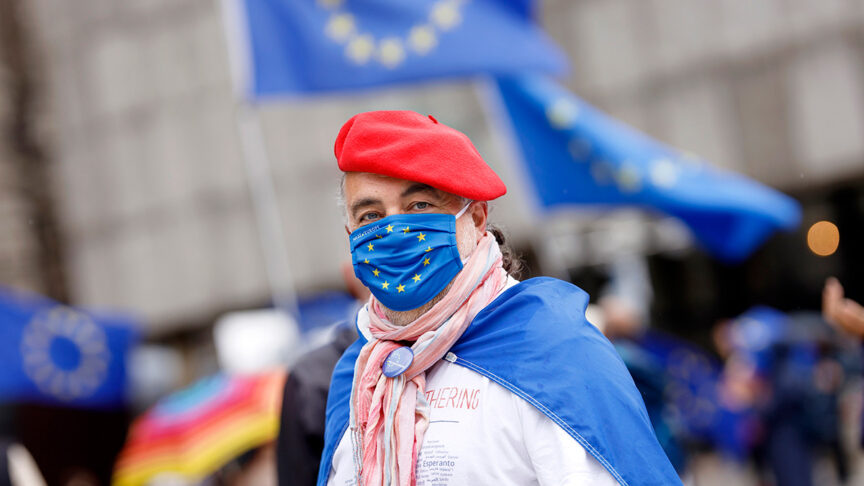
A new survey shows that, after the onset of the covid-19 crisis, there has been a rise in public support for unified EU action to tackle global threats
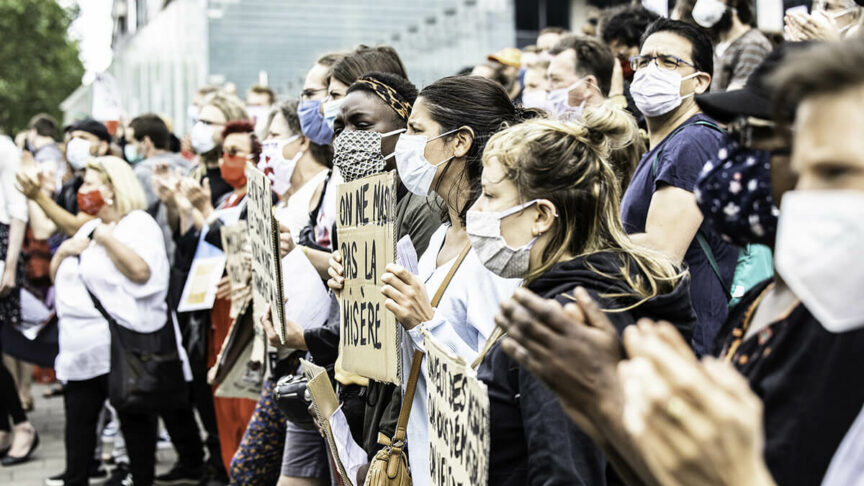
New research reveals that the crisis has revolutionised citizens’ perceptions of global order – scrambling the distinctions between nationalism and globalism
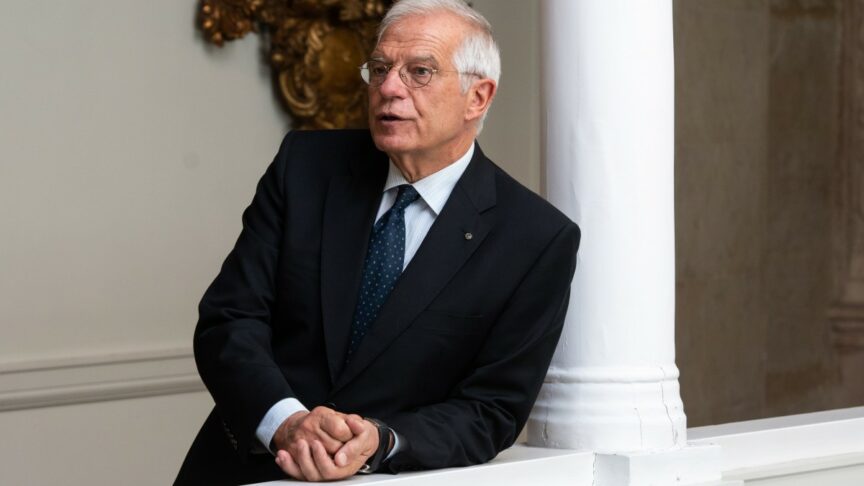
The pandemic will likely magnify existing geopolitical dynamics and test the strength of Europe’s democratic systems

A lack of coordination among the world’s states hindered the global response to covid-19. The same problem is now disrupting international efforts to put in place a more effective system to prepare for future pandemics

Both China’s zero-covid U-turn and gentler diplomatic tone are politically useful for Xi Jinping. European leaders should remain vigilant in the face of a potential new charm offensive

The recent summit between the European Union and the African Union raised hopes of genuine cooperation between the sides. A key test of the partnership will be in whether the EU lives up to its promises.
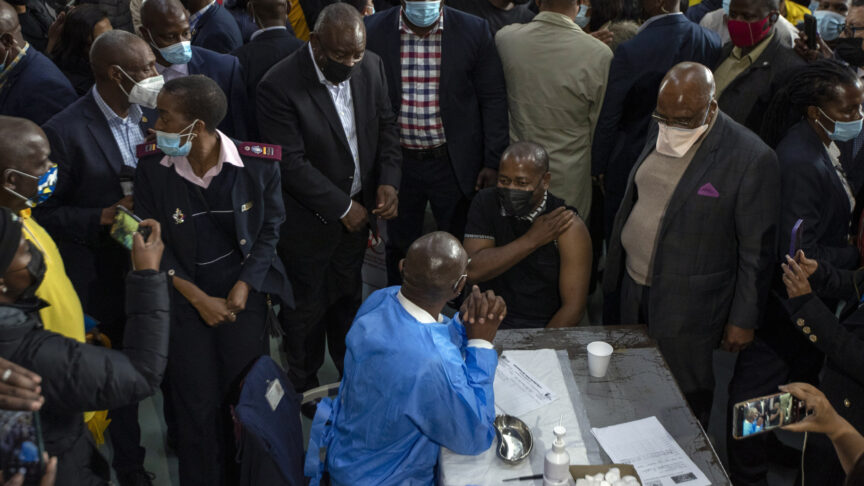
European leaders’ current approach to covid-19 is short-sighted and self-defeating. Unless they implement a decisive and credible plan to end the pandemic everywhere, they will face a series of severe health, economic, and geopolitical consequences.

Liberal politicians in Europe have begun to articulate covid-19 grief in their national political contexts. This is an important step in leading the continent out of the pandemic – and away from populism.
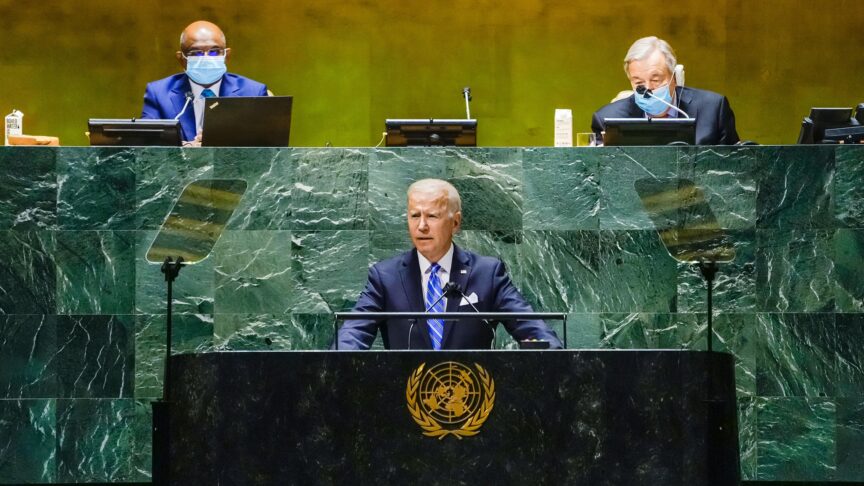
Rich countries are hoarding vaccines at the expense of poorer ones – but also to their own detriment. Without extending help to all countries, the whole world will continue to suffer.
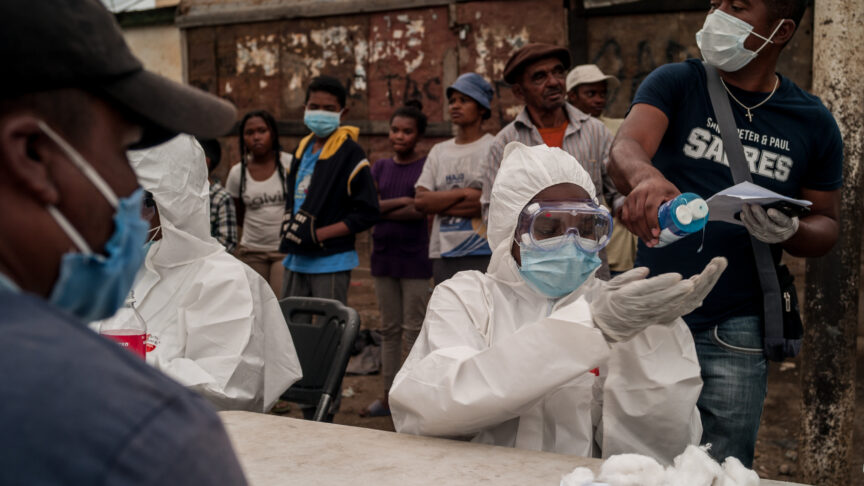
Our collective failure to end the pandemic now will cause even deeper and more costly problems in the future
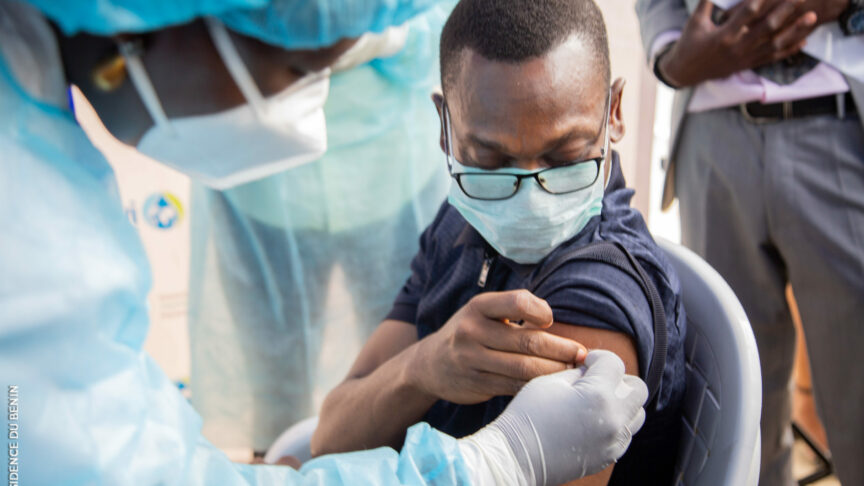
Whoever repairs today’s fracturing international landscape will secure the power and influence to reset the post-pandemic world order to their liking
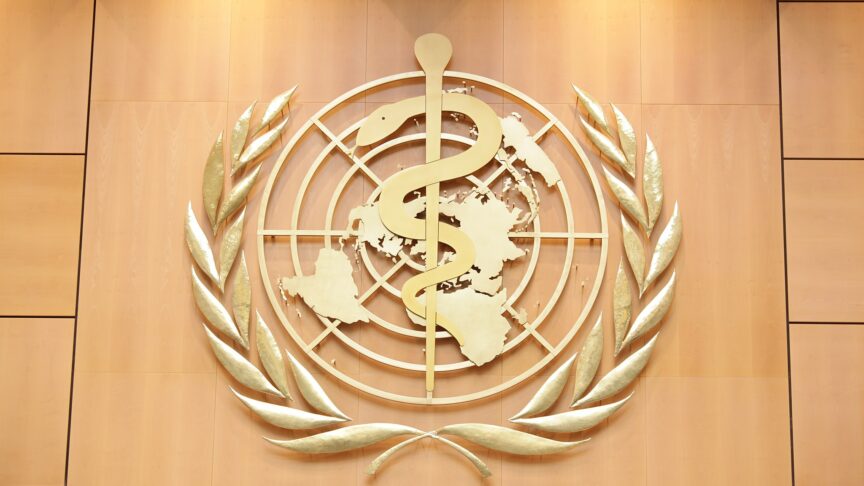
The EU has an opportunity to become a key strategic actor on global health – by upgrading its observer status within the WHO, making even greater financial contributions to the organisation, and working in coordination with the United States

The regulation sets a damaging precedent for trade restrictions on vaccines and undermines the EU’s credibility as a supporter of open trade
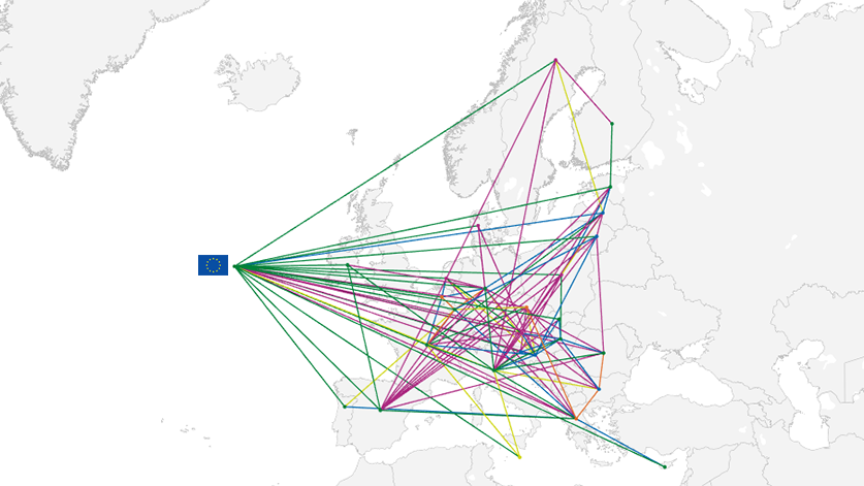
The European Solidarity Tracker collects and displays instances of pan-European solidarity throughout the coronavirus crisis

Ian Bremmer joins the podcast to discuss the concept of a “goldilocks” crisis, the effects of the covid-19 pandemic, and Europe’s role in global upheavals

Fareed Zakaria discusses the political, geopolitical, and geo-economic changes to the world order after Russia’s invasion of Ukraine


This week, ECFR senior policy fellow, Susi Dennison, takes over the podcast to talk about international cooperation on global health
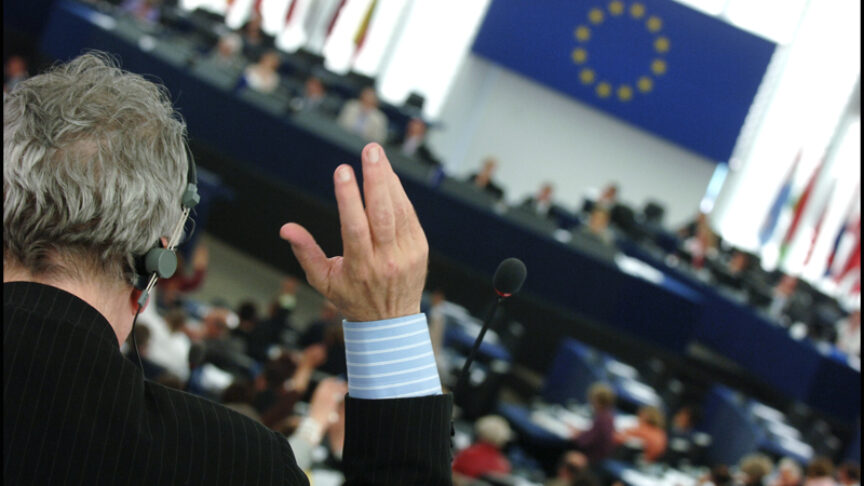
How can Europe adapt its strategies for multilateralism in this competitive world and what would they look like?
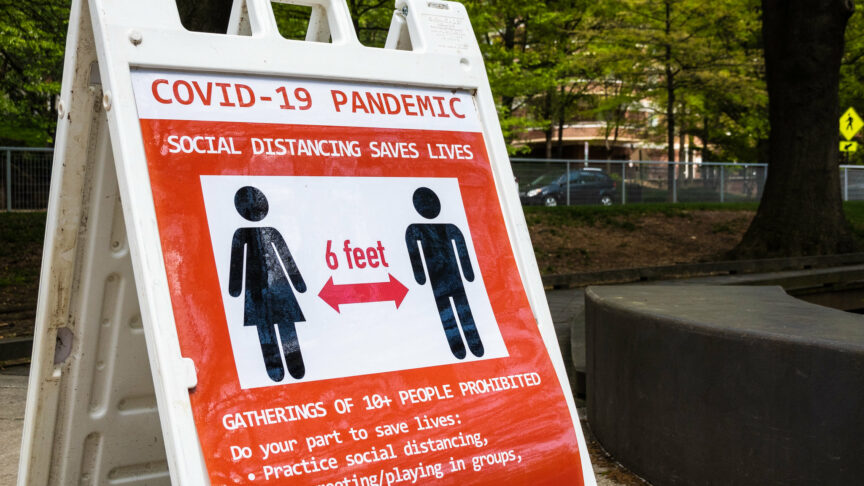
Why did the approaches to handling the coronavirus differ so much even in all the countries around the globe?

Mark Leonard and Jeremy Shapiro predict ten bright and bold policy projections for the year to come
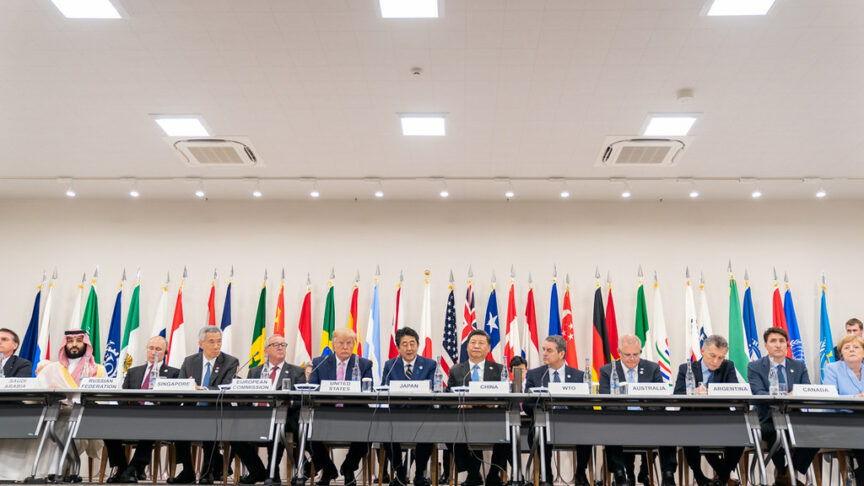
How can we explain the current crisis of the liberal international order?
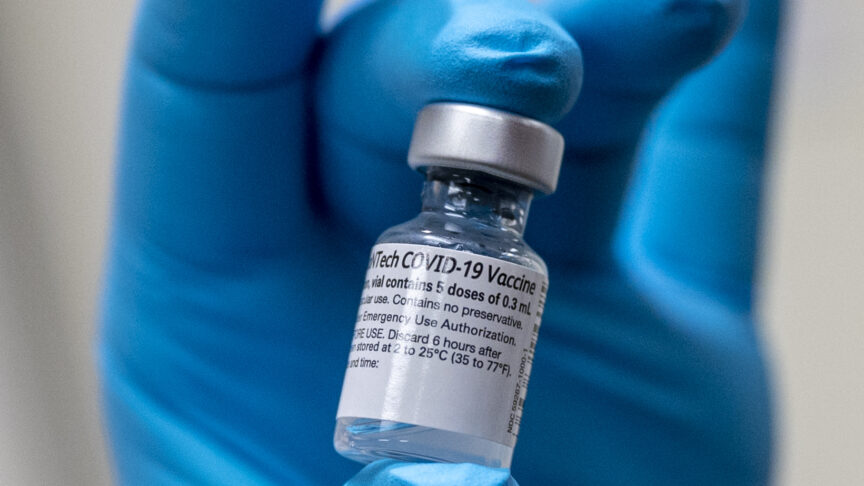
How do we go forward with the global distribution of covid-19 vaccines and what kind of geopolitical implications do surround this endeavour?
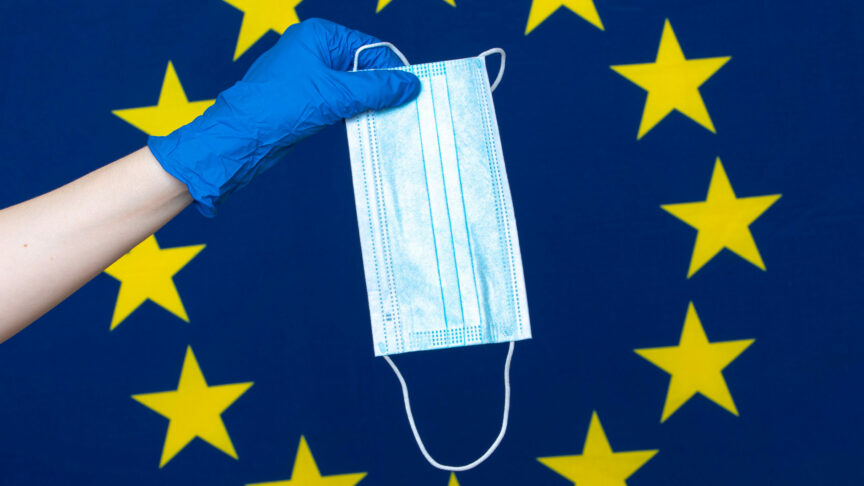
How can Europe win the global battle of narratives during the covid-19 pandemic and a struggle for geopolitical influence?

Lo European Council on Foreign Relations (ECFR) e Fondazione Compagnia di San Paolo organizzano a Torino una nuova edizione de Il Circolo dell’ECFR sulla visione dei cittadini europei su pandemia e guerra in Ucraina

The pandemic has transformed public health into an arena of geopolitical competition; at the same time, pandemics like covid-19 are a global challenge requiring international cooperation
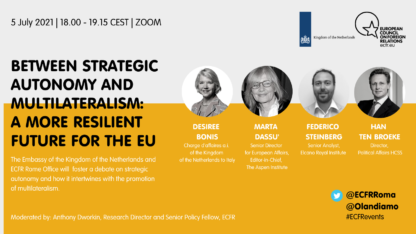
The Embassy of the Kingdom of the Netherlands and ECFR Rome Office aim at fostering a debate on strategic autonomy and how it intertwines with the promotion of multilateralism
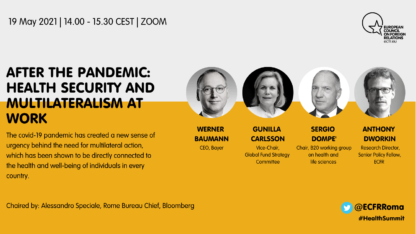
The covid-19 pandemic has created a new sense of urgency behind the need for multilateral action
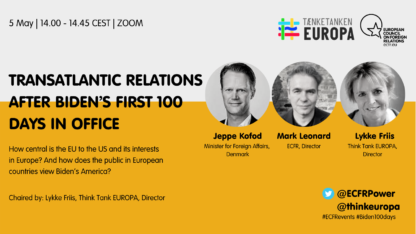
How central is the EU to the US and its interests in Europe? And how does the public in European countries view Biden’s America?
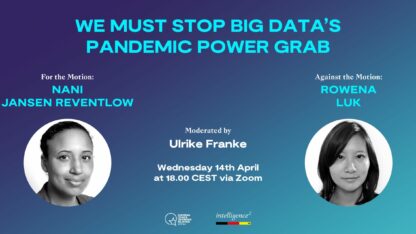
An Oxford-style debate in cooperation with Intelligence² Germany
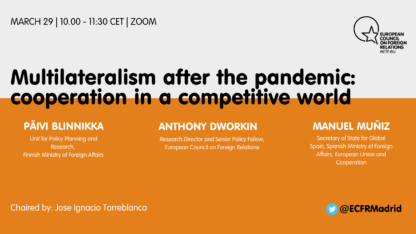
The COVID-19 pandemic has brought a changing international order into sharp focus, highlighting both our heightened interdependence and also the obstacles to global cooperation. As…
The project MAGYC and the Paris office of ECFR are delighted to invite you to a public virtual debate: “How the Covid-19 crisis shaped European migration governance” on Wednesday 30 September
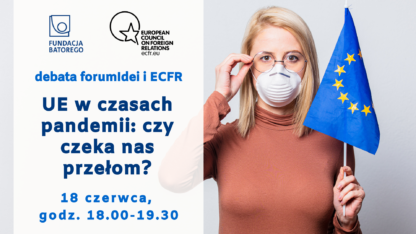
Jakie będzie dziedzictwo kryzysu koronowirusa? Czy Unia stoi przed kolejnym ważnym krokiem w integracji? W jaki sposób podjęte w ostatnim czasie decyzje wpływają na pozycję UE w świecie?
What does the corona crisis mean for economic coercion?